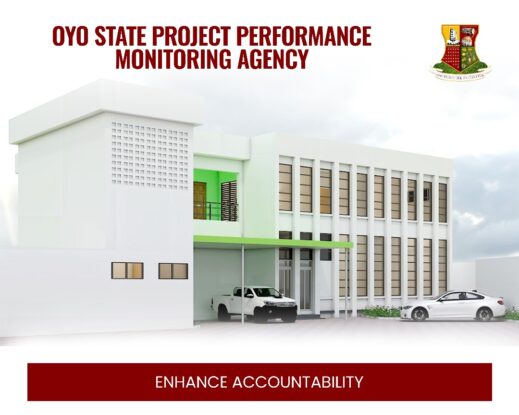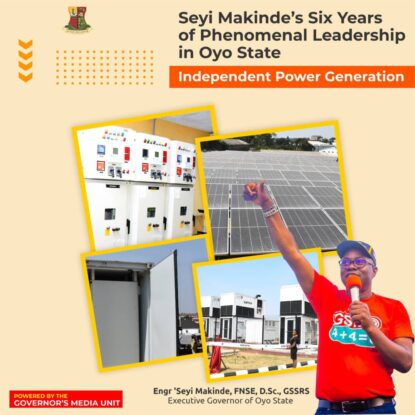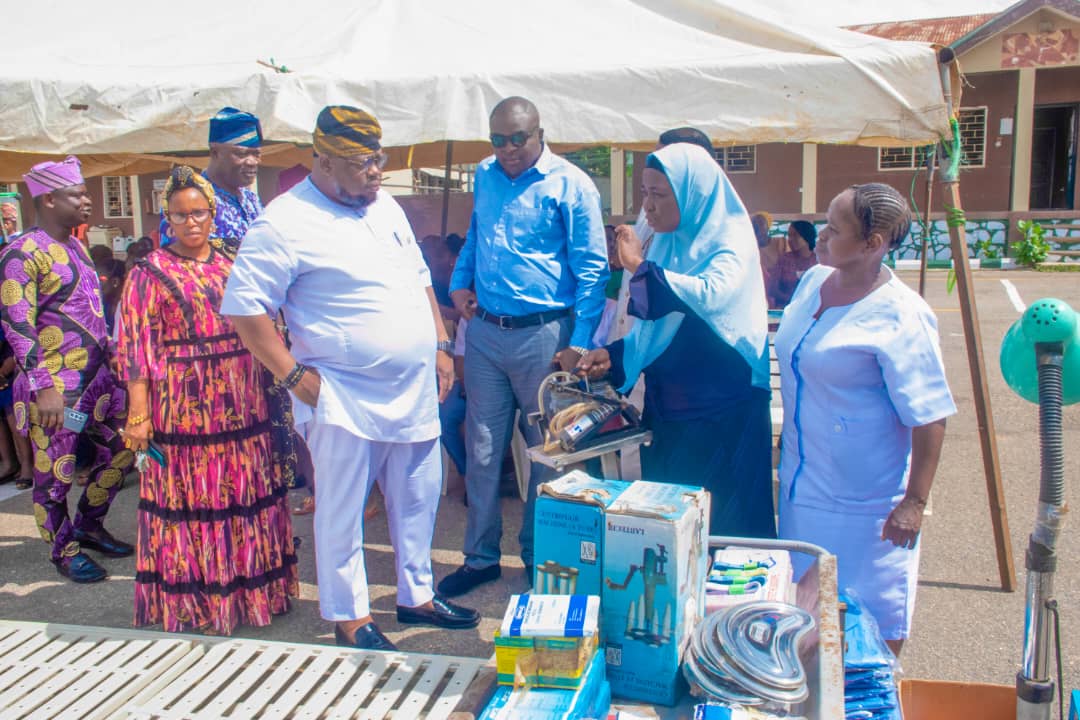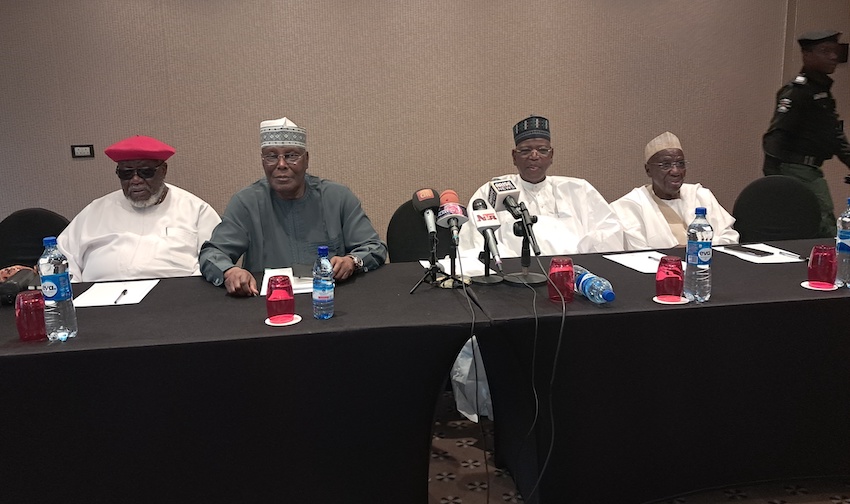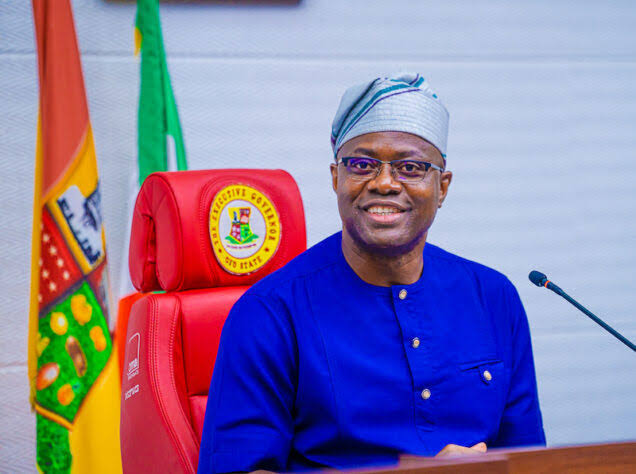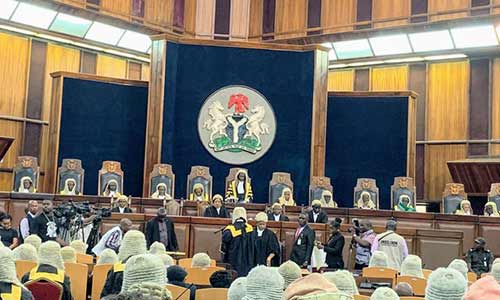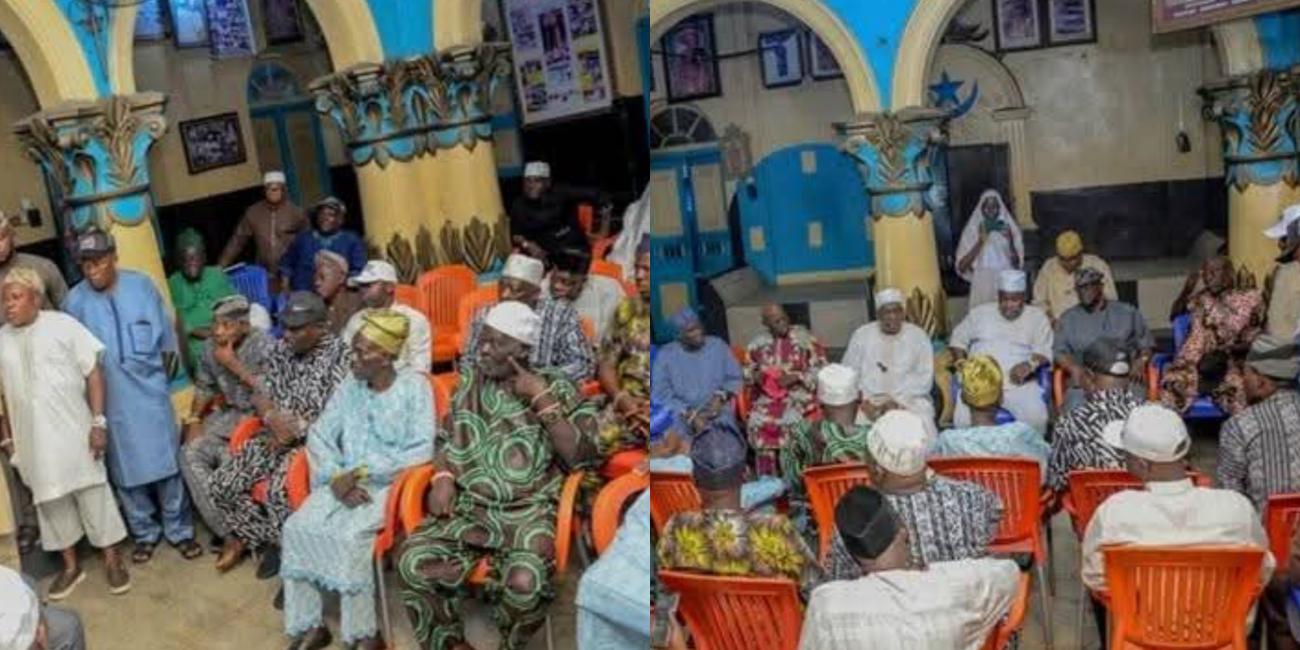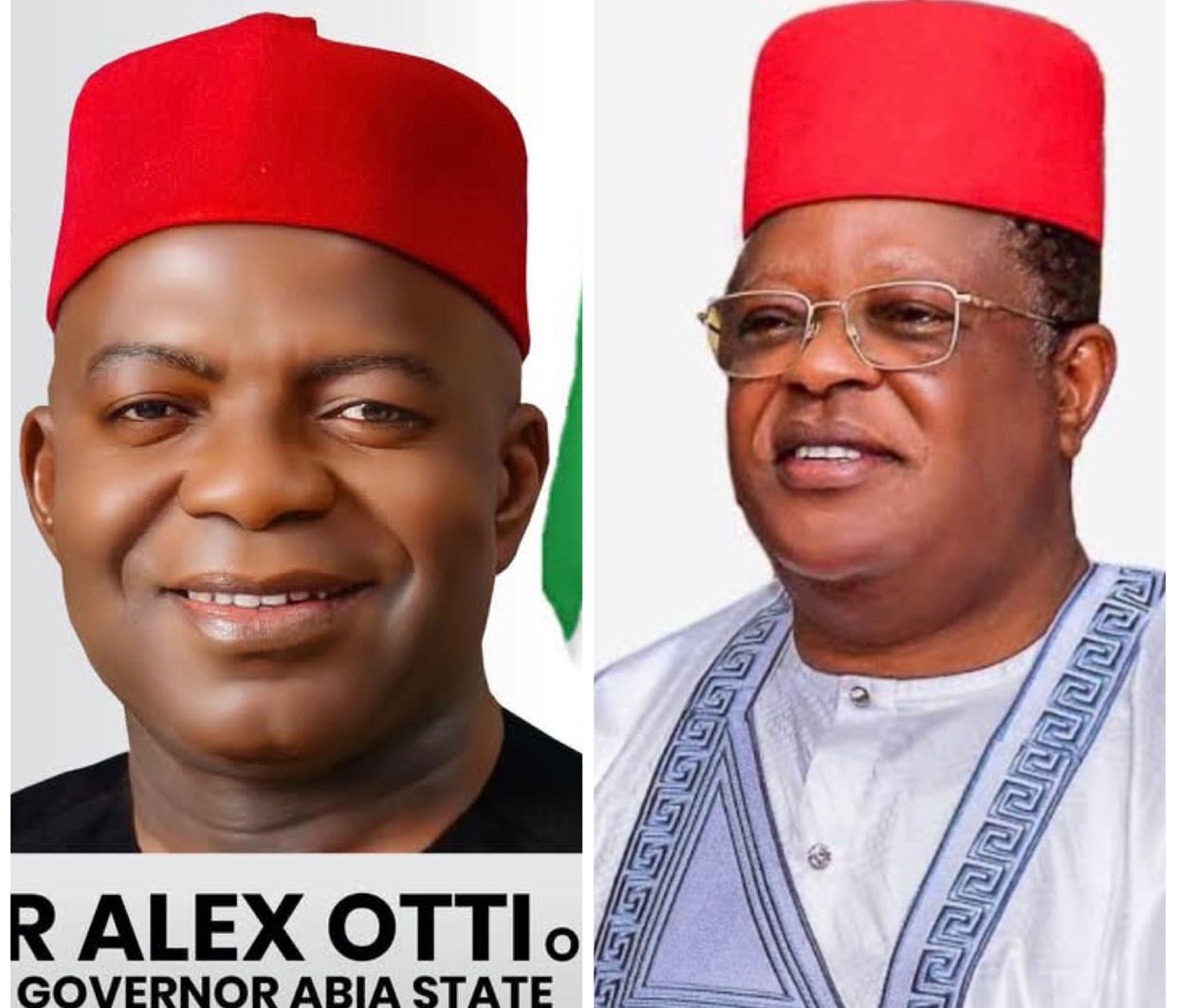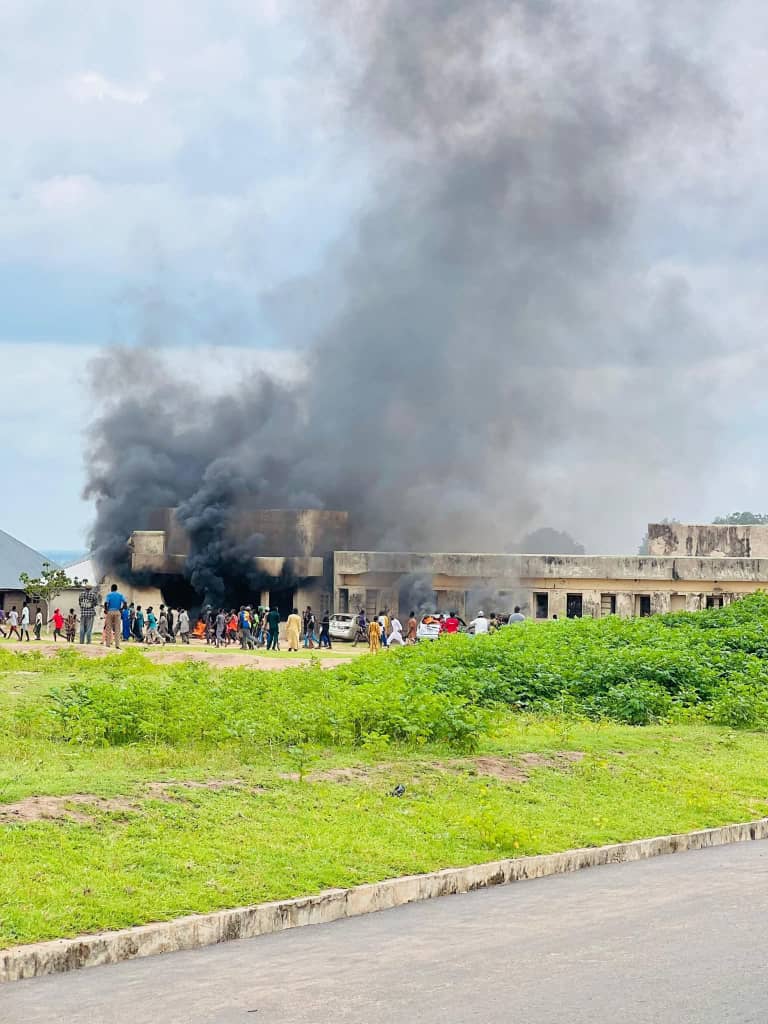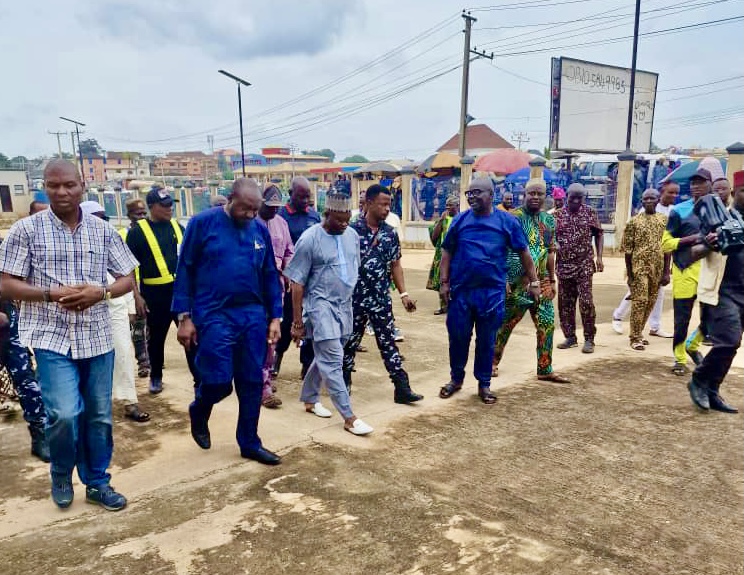Reconstruction of Omenuko Bridge A Testament To Tinubu’s Inclusive Infrastructure Revolution || By Uche Aguoru
President Bola Ahmed Tinubu’s administration is quietly but significantly reshaping the narrative of infrastructure development across Nigeria and nowhere is this more evident than in the progressive partnership model now being implemented between the Federal Government and state governments. His open-door policy and pragmatic leadership style are enabling the execution of long-abandoned, life-saving projects such as the Omenuko Bridge on the Arochukwu–Abam Road—through collaborative, reimbursable intervention by the states.
For decades, the Omenuko Bridge stood as a grim symbol of federal neglect, contributing to countless tragedies and economic losses. Previous attempts by representatives like Hon. Uko Nkole to jumpstart the project under federal auspices made little progress due to chronic underfunding. However, in a clear departure from the past, occassioned by the subsidy removal policy and the naira floatation which had made large federal allocation available to the local governments, states, and the federal government, the Tinubu administration not only budgeted ₦4billion for the road in the 2025 appropriation bill, but also granted Abia State approval to intervene directly with an agreement to reimburse thereby reinforcing federal commitment to infrastructure delivery.
This is not an isolated case. Roads such as Ohafia–Old Soldier to Arochukwu, Onuimo–Umuahia Tower, and Umuikaa–Owerrinta, Umuahia- Abiriba, Ohafia previously considered federal no-go zones for state governments, are now open for state-led intervention under the President’s inclusive and flexible reform approach. This stands in stark contrast to the Buhari era, when even with best intentions state governments were barred from rehabilitating federal roads.
Tinubu’s appointment of an Igbo son, Sen. Dave Umahi, as Minister of Works was a masterstroke in inclusion and national balance. Under Umahi’s leadership, the Ministry of Works has facilitated vital federal-state collaborations, such as the ongoing reimbursement process for Abia State’s rehabilitation of the now restored Port Harcourt Road in Aba. another federal road that had previously been stripped of its status under past administrations.
In Imo and Rivers States, this federal-state synergy is equally bearing fruit. The Owerri–Mbaise, Owerri–Okigwe, and Owerri–Elele roads—critical transport arteries—have either been completed or awarded under this collaborative framework. These achievements underscore the value of Tinubu’s reforms, which are empowering governors with both legal authority and financial backing to deliver on critical infrastructure mandates.
However, as we celebrate these milestones, we must insist on transparency and due process in the execution of this new federal-state relationship. It is imperative that the Minister of Works, Sen. Dave Umahi, ensures formal documentation and public communication of all road transfers and funding arrangements. The practice of verbal approvals or informal handovers opens the door for ambiguity and potential misuse, especially in states like Abia where accountability structures are weak.
In Abia State, for instance, concerns about opaque contracting processes and the lack of public disclosure of costs are of immense concern. the Federal Ministry of Works must make public all cost breakdowns and handover agreements relating to ongoing federal road interventions being handled by the Abia state government.
We commend President Tinubu for his bold, people-first leadership, and for breaking down bureaucratic barriers that once choked progress. His policies are giving Nigerians across regions new hope and it is only right that this progress is guided by transparency, accountability, and a commitment to results over politics.
The Tinubu model of infrastructure development is working. It is also important that the federal ministry of works ensure that States make full disclosure on the projects where the states are permitted to handle with an agreement for full reimbursement.
Aguoru
Is a Public Affairs Analyst

